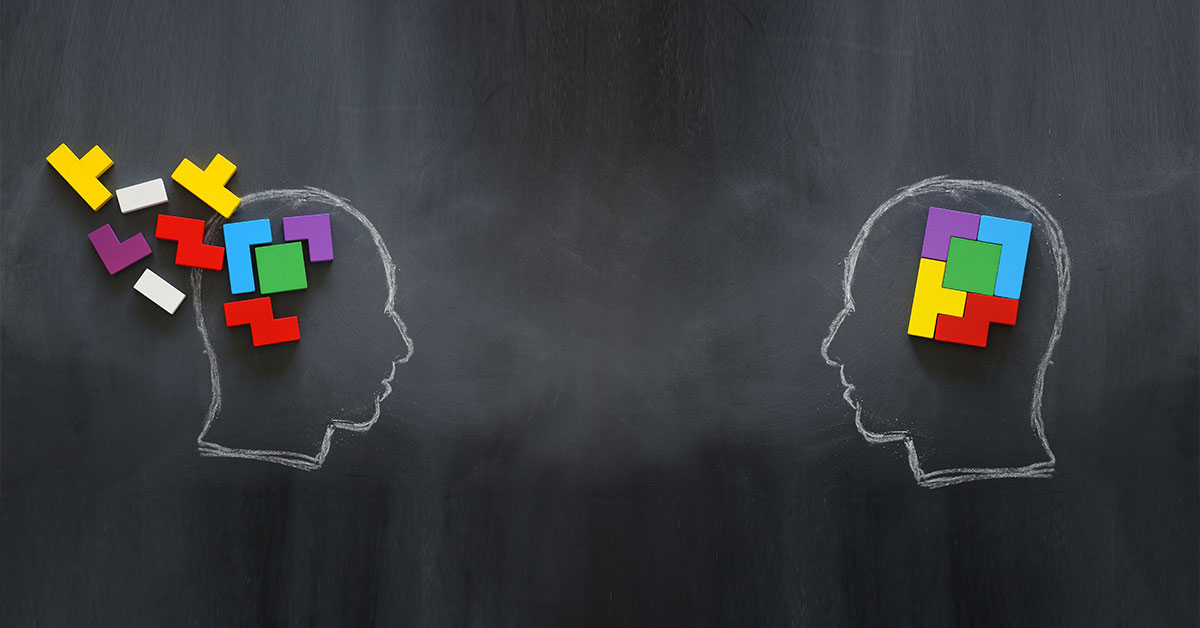
Attention Deficit Hyperactivity Disorder (ADHD) is distinguished by problems paying focus and, in certain cases, severe hyperactivity. Someone with ADHD may be more prone to either attention deficiency or hyperactivity. ADHD is often diagnosed in childhood, although it can even be discovered in maturity. Other signs and symptoms include:
The exact etiology of ADHD brain is unknown. Genes are considered to play a significant role. Other elements that might have a role include:
The brain is by far the most complex organ in the human body. As a result, it stands to reason that understanding the relationship between ADHD brain and non-ADHD brain shape and function is difficult. Several studies have been conducted to determine whether there are anatomical differences between children with ADHD brain and those who do not have the disease. Over a 10-year period, one research used MRIs to examine children with ADHD brain and without ADHD. They discovered that brain size varied in both groups. Those children having ADHD brains had smaller brains by roughly 3% versus normal brains, although it is crucial to note that brain size has no effect on the intellect. The researchers also discovered that brain growth in children with and without ADHD brain was the same.
The study also discovered that some parts of the brain in children with much more extreme ADHD symptoms were smaller. These regions, like the frontal lobes, are engaged in the following activities:
Researchers also compared grey and white matter variations in kids with and without ADHD brain. Axons, or nerve fibers, make up the white matter. Grey matter is the brain’s outer layer. Researchers discovered that patients with ADHD brain might also have different neural connections in brain regions involved in the following:
These several paths may help to explain why persons with ADHD frequently experience behavioral disorders and learning challenges.
According to some scientific sources, there may be gender variations in ADHD. Gender was shown to be reflected in the outcomes of performance assessments evaluating inattention and impulsivity in one study. The findings of the testing revealed that guys are more impulsive than girls. There has been no difference in signs of inattention between males and girls. Girls with ADHD brain, on the other hand, may have more internal concerns, like anxiety and despair, as they become older. However, further study is needed to determine the gender differences in ADHD.
Treatment is required to enhance the quality of life in people with ADHD brain. The medical sources suggest behavioral treatment initially for children under five. Early intervention can help to:
Medication is usually regarded as the first step of ADHD brain therapy for children ages five. Some lifestyle changes may also be beneficial. According to research, in individuals with ADHD, certain brain areas become “hyperactive,” while others become “hypoactive.” This shows that there may be an issue with the brain’s computational capacity to satisfy the cognitive requirement of the task correctly.
Prescription drugs remain the primary line of therapy for most children with respect to appropriate ADHD control. While it may appear that prescribing stimulants to somebody who is habitually hyperactive is counterproductive, these medicines really have the opposite impact on ADHD patients.
The issue with stimulants is that they’ll have adverse consequences in some people, including:
According to scientific sources, over 60% of people respond well to the first stimulant recommended to them. If a stimulant drug does not work for you, a non-stimulant medicine is another alternative for the ADHD brain.
Lifestyle changes might also aid in the management of ADHD symptoms. This is especially beneficial for young kids who are still developing habits. You might try:
See Also: What Could Cause Rapid ADHD Mood Swings In Adults
As there is no cure for ADHD, medication is required to improve one’s quality of life. Therapy can also help children perform better in school. Despite some difficulties common in childhood, certain symptoms improve with maturity. The National Institute of Mental Health (NIMH) indicates that an ADHD patient’s brain achieves a “normal” condition but is only delayed. Furthermore, despite gender variations in the structural and functional brain in ADHD, males and females receive the same therapies.
Discuss with the doctor if your child’s treatment regimen needs to be reviewed. You should also talk to your child’s school specialists about possible extra assistance. It is necessary to keep in mind that with the proper care, your child may enjoy a happy and stable life.